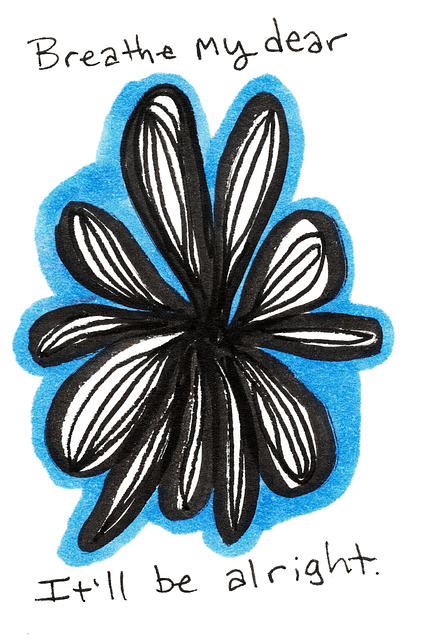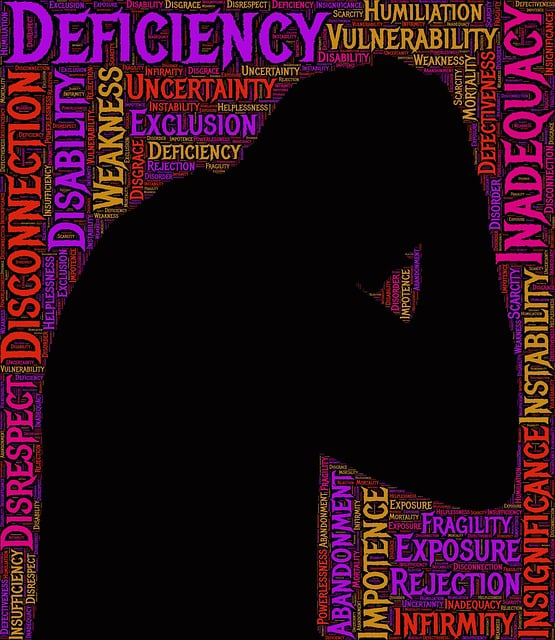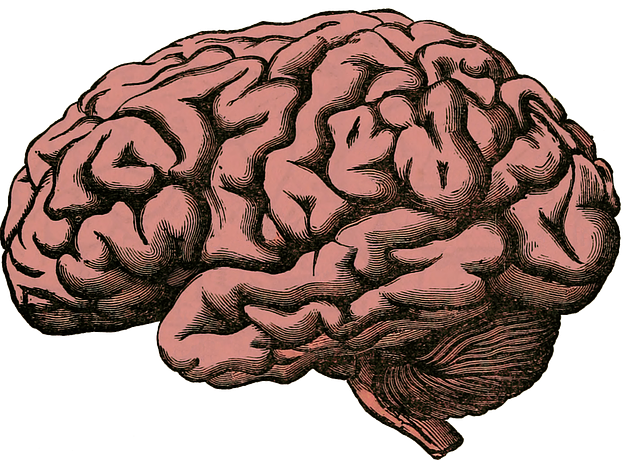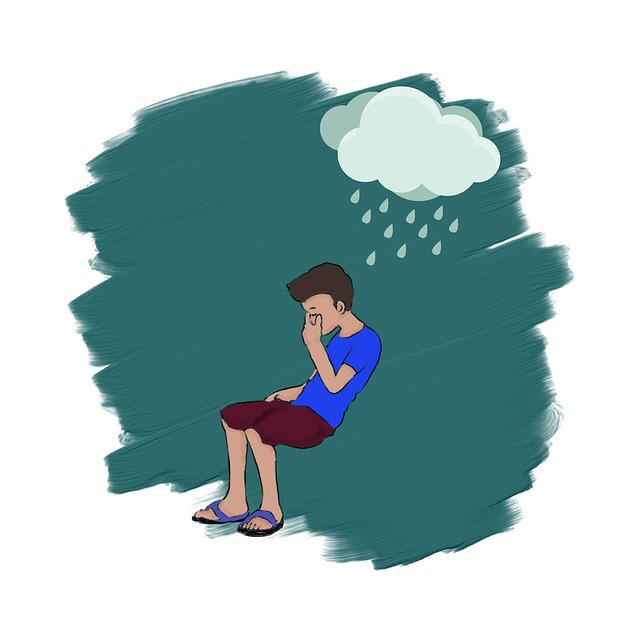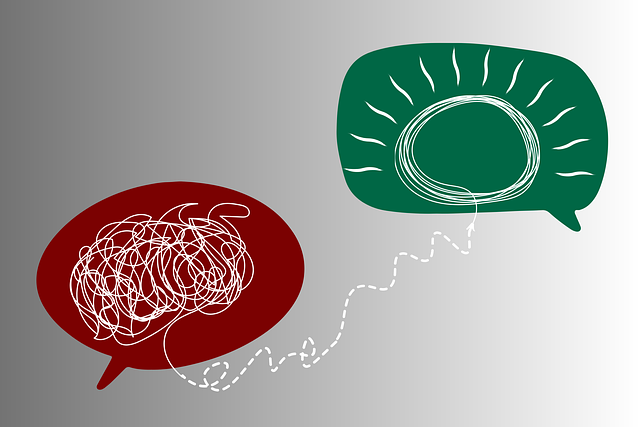Colorado Springs communities are addressing rising PTSD rates through integrated emotional intelligence initiatives. These include education, stigma reduction, and accessible therapy services. Tailored workshops, support groups, and a Mental Wellness Podcast Series enhance cultural sensitivity. Healthcare provider training builds trust. Holistic approaches like stress management workshops empower residents with long-term coping tools. Measuring success via qualitative and quantitative data ensures program sustainability and effectiveness, backed by evidence-based practices and adaptive planning.
In Colorado Springs, post-traumatic stress disorder (PTSD) impacts countless individuals, underscoring the urgent need for comprehensive community outreach programs. This article delves into effective strategies tailored to local needs, focusing on designing and implementing support services that create a network of care. From understanding the profound effects of PTSD to measuring program success and ensuring sustainability, each step is crucial in providing accessible Colorado Springs PTSD therapy and enhancing the well-being of affected residents.
- Understanding the Need: Recognizing the Impact of Post-Traumatic Stress Disorder in Colorado Springs
- Designing Effective Outreach Strategies: Tailoring Programs to Local Community Needs
- Implementing Supportive Services: Creating a Network of Care for Those Affected by PTSD
- Measuring Success and Building Sustainability: Evaluating and Enhancing Community Outreach Programs for PTSD Therapy
Understanding the Need: Recognizing the Impact of Post-Traumatic Stress Disorder in Colorado Springs

In Colorado Springs, recognizing and addressing Post-Traumatic Stress Disorder (PTSD) is a critical component of any comprehensive community outreach program implementation. The city has seen an increasing number of individuals affected by PTSD due to various factors, including high-stress environments and traumatic events. Understanding the pervasiveness of this mental health issue is essential in designing effective communication strategies for the community outreach program.
By integrating emotional intelligence into their approach, community leaders can foster a supportive environment that encourages open conversations about PTSD. This involves educating residents on the signs and symptoms of PTSD, breaking down stigmas associated with seeking therapy, and promoting accessible Colorado Springs post-traumatic stress disorder therapy services. Such initiatives enhance the overall well-being of the community, ensuring individuals affected by PTSD receive the necessary support and care.
Designing Effective Outreach Strategies: Tailoring Programs to Local Community Needs

Effective community outreach programs require a deep understanding of local needs and tailored strategies to address them. In Colorado Springs, for instance, where mental health challenges are prevalent, designing initiatives around Post-Traumatic Stress Disorder (PTSD) therapy can significantly impact vulnerable populations. This might involve creating specialized workshops, support groups, or even a Mental Wellness Podcast Series Production to educate and offer assistance. Engaging with the community means recognizing its unique dynamics and cultural contexts; thus, integrating Healthcare Provider Cultural Competency Training into outreach ensures that services are accessible and sensitive to diverse needs.
By tailoring programs, organizations can foster trust and encourage participation, ultimately enhancing the impact of their initiatives. This strategy not only increases access to vital resources like Colorado Springs PTSD therapy but also promotes community healing and resilience. A well-designed outreach program can be a game-changer in connecting individuals with much-needed support, leading to improved mental wellness outcomes.
Implementing Supportive Services: Creating a Network of Care for Those Affected by PTSD

Implementing Supportive Services is a key aspect of addressing Post-Traumatic Stress Disorder (PTSD) within communities, particularly in areas like Colorado Springs where access to specialized therapy can be limited. By fostering a Network of Care, organizations and individuals can collaborate to provide comprehensive support for those affected by PTSD. This involves integrating various services such as mental health counseling, peer support groups, and stress reduction methods based on Mind Over Matter principles.
Community-based initiatives can organize Stress Management Workshops to educate residents on recognizing and managing symptoms, empowering them to take charge of their well-being. By combining these efforts with access to Colorado Springs Post-Traumatic Stress Disorder Therapy, a holistic approach is created that not only offers immediate relief but also equips individuals with long-term stress management skills, fostering resilience and improving overall quality of life.
Measuring Success and Building Sustainability: Evaluating and Enhancing Community Outreach Programs for PTSD Therapy

Measuring the success of community outreach programs for PTSD therapy is paramount to ensure their long-term sustainability and effectiveness in Colorado Springs Post-Traumatic Stress Disorder Therapy. Evaluating these programs involves a multifaceted approach, considering both qualitative and quantitative data. Feedback from participants, their support systems, and therapists plays a crucial role in understanding the program’s impact on mental health outcomes. Metrics such as reduced symptoms of PTSD, improved quality of life, and increased access to therapy can quantify success. Additionally, tracking client retention rates, program attendance, and satisfaction surveys help gauge long-term engagement and the program’s ability to foster resilience.
Building sustainability requires a deep dive into the program’s core principles, like Mind Over Matter strategies for stress management and depression prevention. By integrating evidence-based practices and therapist training, these programs can evolve to meet changing community needs. Regular assessments and adaptive planning ensure that the outreach remains relevant, accessible, and impactful in addressing Colorado Springs’ unique mental health challenges.
Implementing community outreach programs focused on Colorado Springs post-traumatic stress disorder (PTSD) therapy is a multifaceted approach that requires understanding local needs, designing tailored strategies, and providing supportive services. By measuring success and fostering sustainability, these initiatives can revolutionize care access, ensuring those affected by PTSD receive the help they need. This holistic model of community engagement holds promise for enhancing mental health outcomes in Colorado Springs.



